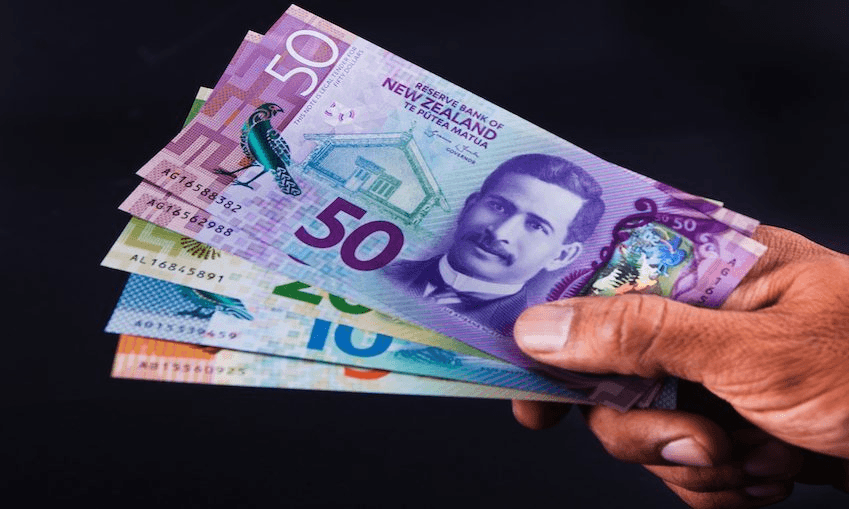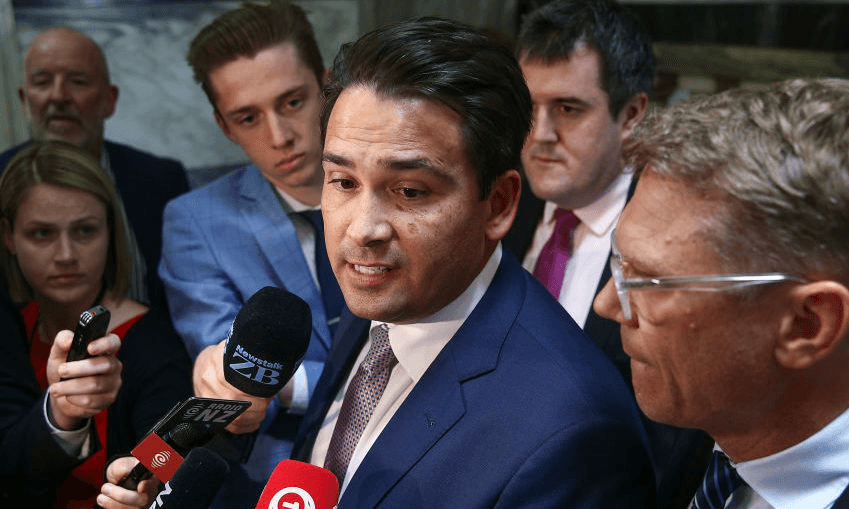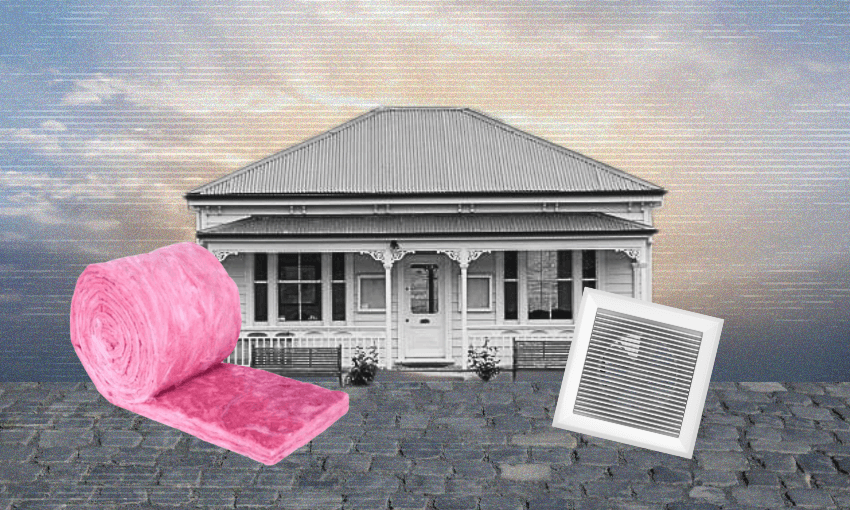All this week on The Spinoff, a series of pieces examine the crisis in our electoral funding rules. How did we get here? How might we fix it? Today, Elisha Watson proposes a completely different way to approach the problem, via ‘democracy dollars’.
This series is made possible thanks to Spinoff Members. Join Members to support more of this work.
Political donations are getting quite a bad rap at the moment. With a host of politicians under the spotlight, pundits do their usual chest beating, demanding increasing transparency (lowering the threshold for donations that are anonymous) or implementing a cap on political donations (at the moment, people can donate unlimited amounts to political parties).
The hydraulic theory of money, pioneered by academics Samuel Issacharroff and Pamela Karlan, suggests that this might not be such a good idea. Any clever person seeking influence through money will simply redirect their dollars elsewhere to another point of influence that is currently unregulated – people will then grow outraged about this, new regulations flow, and then the dollars flow to the next influence point, and so on.
One option is simply stop fighting – but instead of giving up, do exactly the opposite. Flood the market (in this case the market for political donations) with dollars so that even if rich people did make donations in search of influence, it wouldn’t even matter because politicians would be swimming in a proverbial pool of money. This idea was fleshed out in Yale law professors Bruce Ackerman and Ian Ayres’ book Voting with Dollars in terms of American political donations, and is worthy of consideration here in New Zealand.
Most people would cringe at this idea, fearful of the American gladiatorial style elections, with political ads beaming out of every glowing surface 24/7 in the year leading up to voting day. But there is cause to believe that Kiwis would benefit from having more political advertising in the lead up to elections; it increases our knowledge about each party’s policies, and about the issues of the day generally. Many people have no idea about the wealth of policies that each party champions, let alone their prior track record dealing with issues that claim to be passionate about – all of this would be brought to light with more political advertising pre-election, not less.
But who would fund this flush of cash? Surely we’re trying to get rid of the plutocrats out of the political system, not empowering them further? That’s where Ackerman and Ayres’ idea of “Democracy Dollars” comes in – dish out funding to political parties and politicians by giving every citizen a special type of currency, that they can spend in the run up to an election to support and fund their favourite political party.
There are loads of different ways this could be implemented within NZ – for example by giving every registered voter a “gift card” that could be cashed in on political parties’ websites. To make sure that politicians don’t bribe people to transfer them the funds while they’re standing over their shoulder (“I’ll give you $10 cash if you give $20 of your democracy dollars to us”), the democracy dollars would be revocable within three days (“Haha! You’ve given me $10 and now I’ve revoked my $20 democracy dollars”). Much like paying off a mortgage, a democracy dollar is more valuable the further out from the election it’s donated, leading to ongoing engagement with communities from day one of the electoral cycle.
If we believe in “one person one vote”, we should also be aghast at the idea that a few wealthy people can shape the debate in the lead up to the election, by either funding political parties that didn’t really have a hope (hello Kim Dotcom and Gareth Morgan) or, in an even more shocking state of affairs, unfairly advantaging parties that go on to win even more votes that they otherwise would have on the back of a few juicy donations from bigwigs or large corporates. These large donors also have outsized influence not just in terms of jacking up their preferred party’s chances of success through funding advertising, but also because it leaves open the possibility of a politician knowing exactly to whom they owe a favour when the ballot goes their way. It leaves open the suspicion of politics not for the people, but for the funder.
Democracy Dollars would be an interesting way to enliven our democracy and prevent economic inequality becoming political inequality. This would let the many, not just the few, experience the empowering feeling of voting not just at the ballot box, but also with their wallets.






